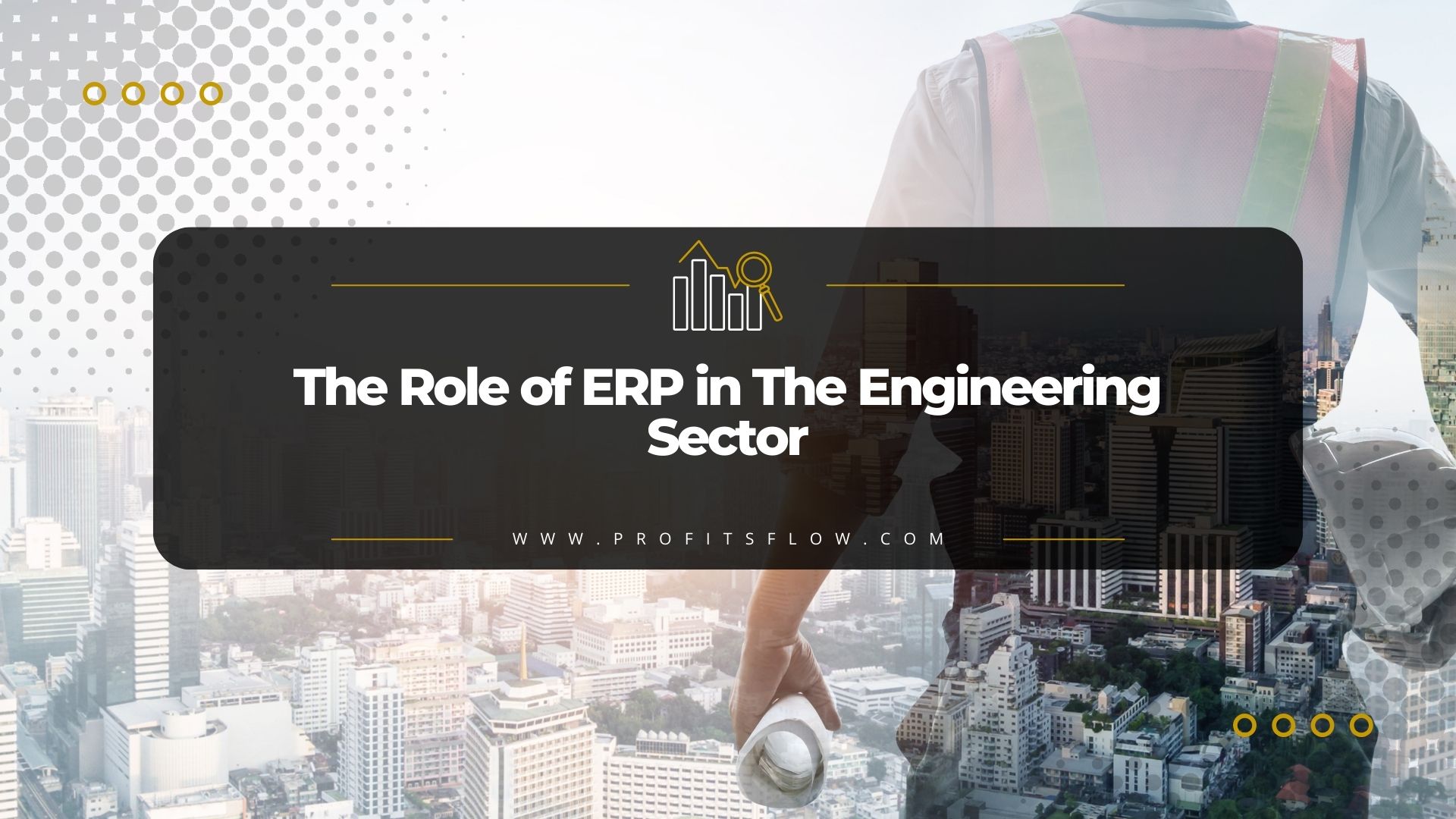The Role of ERP systems are indispensable tools for many industries, including engineering. Engineering companies often struggle with tight deadlines, and the need for precision. These organisations can benefit significantly from the streamlined processes and enhanced efficiency that ERP systems offer. In this blog post, we will explore how ERP systems have revolutionised the engineering sector, the key benefits they provide, and considerations for successful implementation.
ERP systems integrate various business processes into a single, unified system, providing real-time data and facilitating better decision-making. For the engineering industry, this integration is crucial as it allows for the seamless coordination from the initial design to the implementation of the finished product.
Below we have highlighted key areas where ERP can excel in this sector.
-
Material Resource Planning
ERP systems enable precise tracking and allocation of resources, including labour, materials, and machinery. This ensures that projects stay on schedule and crucially, within budget. ERP solutions like EFACS E/8 have intuitive scheduling tools that help in planning tasks, setting deadlines, and monitoring progress, reducing delays and improving efficiency.
-
Supply Chain Management
ERP systems offer real-time inventory tracking, reducing the risk of stockouts or excess inventory. This is critical in managing the supply chain for engineering projects, where timely availability of materials is essential. Enhanced supplier relationship management capabilities help in negotiating better terms, ensuring timely delivery of materials, and maintaining quality standards.
-
Financial Management
Engineering projects often involve significant expenditure to the organisation. ERP systems provide detailed financial reports and cost analysis, helping in budget control and financial planning. If you implement a comprehensive ERP solution it allows you to automate billing and invoicing processes. This ensures accurate and timely payments, improving cash flow and reducing administrative burden.
-
Quality Management
Another role of ERP systems is that they assist in maintaining compliance with industry standards and regulations. They provide tools for tracking quality metrics and ensuring that all processes meet the required standards. Comprehensive documentation and record-keeping features help in tracking project changes, maintaining audit trails, and managing revisions.
Considerations for ERP Implementation
- Choosing the Right System: Not all ERP systems are created equal. It’s important to select a system that meets the specific needs of the engineering industry and can handle its unique challenges.
- Customisation and Integration: Ensure that the ERP system can be customised to fit your business processes and integrate seamlessly with existing tools and systems.
- Training and Support: Adequate training for employees and ongoing support are crucial for successful implementation and utilisation of the ERP system.
- Data Migration: Careful planning and execution of data migration from legacy systems to the new ERP system are essential to avoid data loss and ensure data integrity.
- Change Management: Implementing an ERP system often requires significant changes in business processes. Effective change management strategies are necessary to ensure smooth transition and user adoption.
The role of ERP systems are transforming the engineering industry by streamlining operations and enhancing overall efficiency. As engineering projects become increasingly complex, the adoption of ERP systems will continue to grow, driving better outcomes and higher profitability. By carefully selecting and implementing the right ERP system, companies in the engineering sector can stay competitive and meet the demands of a dynamic industry landscape.
We have extensive experience when it comes to working with companies in the Engineering sector. For well over a decade, we have been implementing EFACS E/8 in this industry to help organisations become more efficient. Details on these implementations can be found here.
